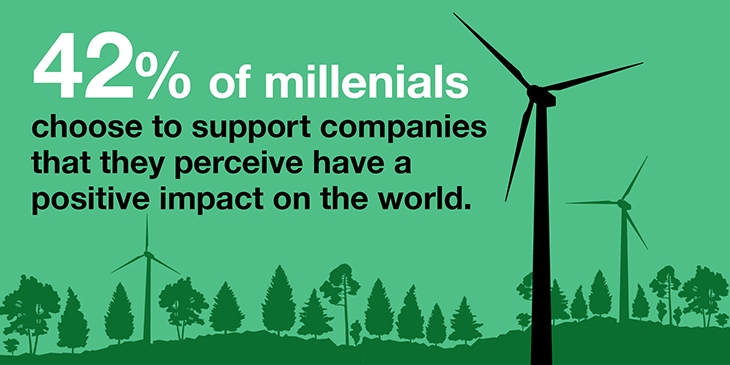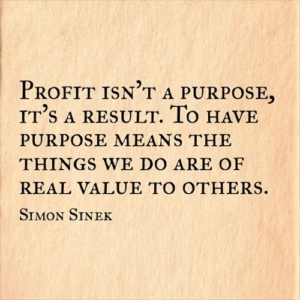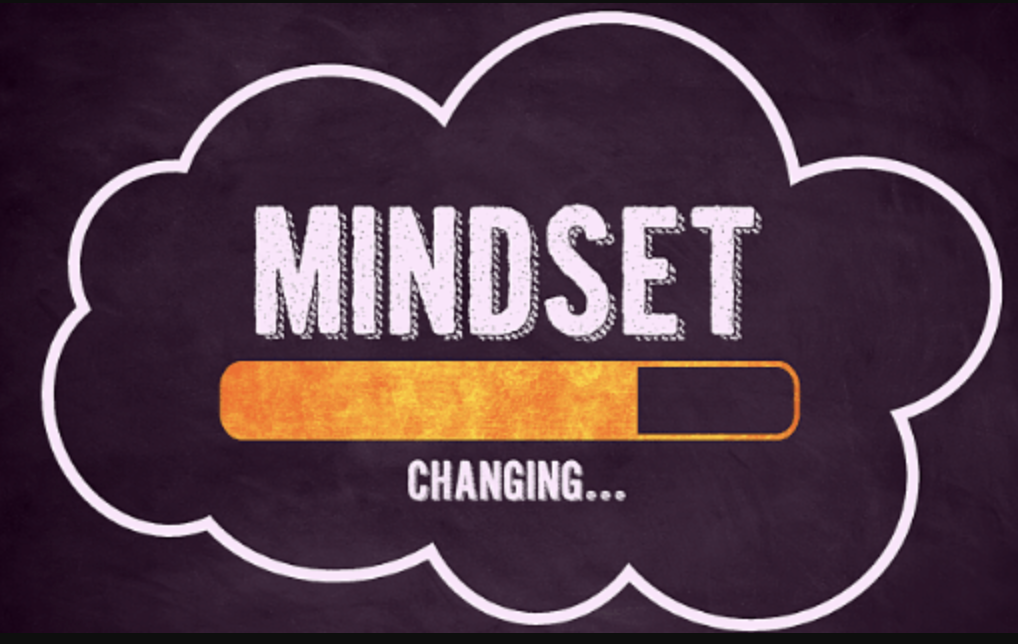General Business Strategy
What’s the purpose of a brand? And does my brand need a purpose?
While the definition of a brand might depend on who you ask …
“It’s how you position yourself against your customers.” “It’s your logo.”
“It’s what your customers think about you.” “It’s a promise you make.”
… we’re not going to get into that right now. What’s less debated, however, is the purpose of a brand; most people will say it’s to sell more products. Otherwise, why would you bother, they’ll ask.
Well, not necessarily! Let’s unpack this …

What’s the purpose of the McDonalds brand?
No matter where you are in the world, when you see those famous yellow arches you know exactly what you’re going to get from a visit. You already know what the burger tastes like. You know a vanilla shake will turn your face inside out just trying to suck it up the straw, and you know you’re going to love those chicken nuggets, even though you probably shouldn’t.
That symbol automatically triggers all of these thoughts in the blink of an eye. In a way, it stands for ‘dependable flavours’ and if you’re hungry, you might just drop in for some.
So, the purpose of the McDonalds brand is to make you buy a burger, but does it have a brand purpose? Well, they recently announced they’ve just ‘refreshed their intangible brand purpose’. Say what?!
The announcement goes on about investing in “new, culturally relevant approaches to effectively communicate the story of brand, food and purpose”.
Eventually we get to that brand purpose: ‘to feed and foster the communities it serves around the world, by focusing on: responsibly sourcing quality ingredients, driving climate action to protect the planet, connecting with communities in times of need and increasing focus on equity by providing opportunity for restaurant staff.’
What might they hope the achieve with this?
Well, a lot of people have stopped buying their product because they object to their environmental footprint – maybe in time they’ll be persuaded to take another look.
And just as importantly, what if you’re considering who to work for. This might sound like a place you could feel good about pursuing a career.

But short term, even if you knew any of that, and actually believed it, would it make a difference when you want to buy a burger? Probably not. You want a McDonalds? You’re going in. It’s either a guilty purchase anyway, or it’s driven by cost and convenience, not purpose.
So is brand purpose worthwhile?
I’m not saying there’s no value in having a purpose, it’s just that you need to be careful in this territory, as consumers can smell bullshit from a mile away these days.
We’ve seen it, heard it a million times. We’ve been lied to by brands, politicians and sports stars, let down by financial institutions, even taken for a ride by social media companies, who’ve sold our very identities to the highest bidder. And if you haven’t heard of Greenwashing, educate yourself – you’ll be a savvier consumer.
The key, then, is being real, authentic, and true to yourself.
Brand purpose done well
Let’s take a look at another fast-food chain that’s put purpose front and centre in the brand, and it works a treat. When you walk into a Zambrero Mexican you’re immediately faced with a big digital counter on the wall, that tells you how many meals they’ve donated on your behalf.
Buy a meal from Zambrero, they’ll buy one for someone who needs it.
That’s it, plain and simple. Believable, authentic, and will it make you buy more burritos? Quite possibly. As their website says, ‘Fill your karma, and your belly.’ And if you can grab a quick bite to eat, while helping out at the same time, well, most of us would. Now the burritos have to be good, of course, but the purpose, in this case, is truly compelling.
Thank You is another brand that was built entirely on purpose. Starting with bottled water, and expanding into personal care and baby products, the main goal of the business is to end extreme poverty. It was launched in 2008 and hasn’t stopped since.
Brilliant, well done.
And of course, there’s Who Gives a Crap, the wonderful and highly successful recycled toilet paper company that delivers boxes of the stuff by subscription (nice and easy, thanks) and shares profits to help the 2 billion people who don’t have access to a toilet.
Summed up nicely on their website as ‘Good for the world. Good for people. Good for your bum.’ Purpose done well, once again.
So how can I do purpose?
We can’t all have grand social enterprise at the centre of our businesses. For many of us, a big part of our purpose is to pay the mortgage and put food on the table. And there’s nothing wrong with that, but will it help you make more sales? Probably not.
So if you have an existing business that wasn’t built specifically for purpose, then here are a few pointers to help guide your decision and find your purpose.
1. Make it meaningful
If there’s something you’re truly passionate about, and you can bring it into your business in a way that makes sense, then go for it. If you own a chain of ice cream shops and you’re worried about global warming, then it’s a match made in heaven.
If you’re concerned about the epidemic of obesity, however, then you might not be able to align that easily. Unless, of course, you focus entirely on low-fat ice creams or healthier alternatives like frozen yoghurt & sorbet.
If you can’t think of anything, or you feel it might put people off, then just listen to your customers. Find out what they’re concerned about, what keeps them up at night and what (if anything) they expect the brands they purchase from to do about it. Eventually, you’ll come across something that feels right, that fits, and you’re off and running.
Which brings us to the next point…
2. Make it part of the business plan
You can’t just pretend to have a purpose; you’ve got to take it to heart and embed it into the fabric of your business. Fighting global warming to give ice cream a future? Prove it. What are you doing? Is your energy renewable? Are you campaigning for climate action?
Are you donating money, time, anything else that shows it’s not lip service, but something the business actually cares about? Great, because if it’s just an advertising campaign to sell more ice cream, it’s not going to work in the long run.
Building a purpose into your business can also drive innovation internally. By focussing your employee’s skills on twin goals of selling product, and serving purpose, new products and services may be developed that would never have existed otherwise, and now help grow the business.
3. Make it easy to understand.
Last but not least, now you have to tell everyone about it. Make it simple, communicate with honesty, speak directly to your target market and you’re off to a great start. And the million-dollar question at the end of all this, of course, is will it help you make more sales?
Well, maybe, if you do it right. But think the long game.
One last question: should I do purpose?

For a lot of individuals and businesses, orienting around ‘purpose’ has nothing to do with selling products.
They recognise the world needs new models of doing business that avoid ‘negative externalities’ – things that harm either people or the environment. They want to lead and attract people (both employees and customers) who share their values.
For them, it’s simply the right thing to do, and if you can, you should.
Perhaps the reason for the purpose is not to sell more product.
Perhaps the reason for the business is to serve a greater purpose.
And if you can build a successful business like that, then congratulations, and thank you.
PS. We’ve worked with several purpose-led businesses, and we’ve led businesses to purpose too, so if you need a hand just give us a shout.
PS. I highly recommend you read Microsoft CEO Satya Nadella’srecent letter for its clear statement of purpose (which follows a long list of technology accomplishments). “To help people and organizations everywhere achieve more,” he writes, “we are focused on four interconnected pillars.” The four:
- Support inclusive economic opportunity
- Protect fundamental rights
- Commit to a sustainable future
- Earn trust
He details what Microsoft has done in each of these areas, and it’s a pretty impressive list - a stirring demonstration that purpose and profit can travel hand in hand.




